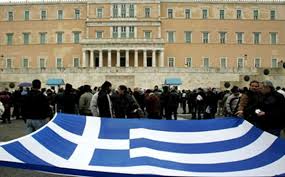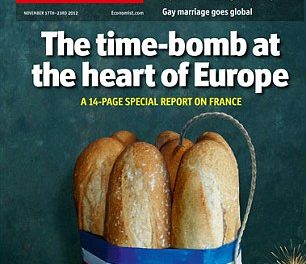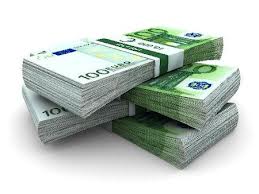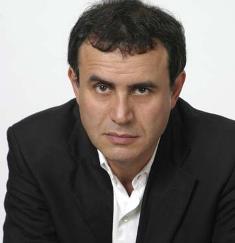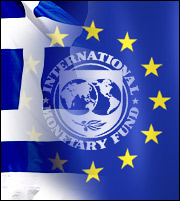Eleni Chrepa & Arne Delfs, Bloomberg
European Union leaders took up the baton on Greece as they gathered in Brussels on Thursday after finance ministers from the euro area said that compromise was possible on the country’s future financing.
The start of the summit of the bloc’s 28 chiefs was delayed by all-night peace talks on Ukraine involving German Chancellor Angela Merkel and French President Francois Hollande. Both leaders flew directly to Brussels from Belarus, where they and Russian President Vladimir Putin announced a cease-fire in Ukraine starting Feb. 15, a deal that pushes back the prospect of more EU sanctions on Russia.
The summit is a first opportunity for Merkel, the main proponent of austerity in return for international aid, to meet Greek Prime Minister Alexis Tsipras, elected last month on a platform of ending the country’s bailout program. Greek bonds and stocks rose even after finance ministers failed to bridge their differences in six hours of talks in Brussels and agreed to reconvene for another attempt on Monday.
“Steps forward have been taken,” Italian Prime Minister Matteo Renzi told reporters as he arrived for the meeting. “For some they have not been sufficient, so it’s understandable that we keep discussing all this.”
Greek bonds rose as euro-area ministers held out hope of a bailout compromise, with the yield on three-year notes falling 171 basis points to 19.04 percent. The benchmark Athens Stock Exchange General Index rose as much as 5.6 percent and was 4.3 percent higher at 827.35 as of 3:02 p.m. in Athens.
‘High Politics’
“It’s a question of high politics, can they find a choice of words which says that Europe cares for growth, for the social situation in Greece,” Daniel Gros, director of the Centre for European Policy Studies in Brussels, told Bloomberg Television. “The real weak point now is going to be Greek banks, what happens if they run out of money.”
Greece and its partners are seeking a deal on some form of financing that gets them beyond the bailout’s expiration at the end of February, keeps banks afloat, pays salaries and puts the euro area’s most-indebted nation on a path to longer-term aid. Ultimately at stake is Greece’s place in the 19-nation currency union.
Merkel has avoided engaging with Tsipras as German policy makers insist Greece has to commit to the terms of the existing bailout, which his government blames for years of recession.
Tsipras, who has been seeking allies in the rest of Europe, met Belgian Prime Minister Charles Michel in Brussels. Greece has to “return to a path of social cohesion,” and crack down on tax evaders, Tsipras told reporters.
Bailout Installment
Greece needs its next bailout installment of about 7 billion euros ($7.9 billion) or some other financing to keep from defaulting on its international debt payments. Tsipras’s government says it wants to scrap the bailout terms and seek bridge funding while negotiating a new deal.
Greece’s “new government is trying to push Europe to lend more money, but doesn’t tell us what’s going to happen after that,” Riccardo Barbieri Hermitte, chief European economist at Mizuho International Plc in London, said on Bloomberg Television. “Who’s going to finance them once Europe pays this bridge loan?”
Finance chiefs will return to Brussels on Feb. 16 to try to break the deadlock after Greek negotiators were said to have wavered on a commitment to extending the country’s existing bailout backed by the European Commission, the European Central Bank and the International Monetary Fund.
Greece is very optimistic that an accord will be reached on a new aid package, a government official said. The main disagreement was over whether the basis for talks is the existing rescue or a revamped program, the official told reporters in Brussels.
“We understand each other much, much better now,” Greek Finance Minister Yanis Varoufakis told reporters after the finance chiefs broke up early Thursday.
“I think that a solution will be found,” Lithuanian President Dalia Grybauskaite, one of the foremost advocates of sanctions against Russia, said of Greece as she arrived for the summit. “Greece is not the largest problem.”

